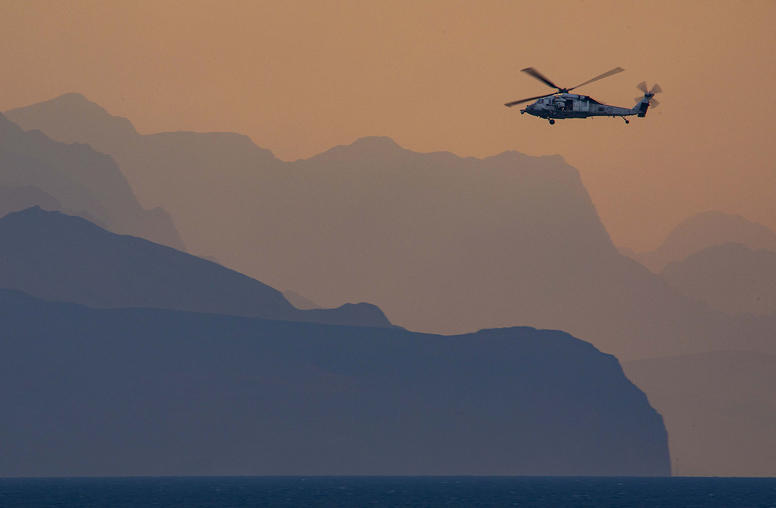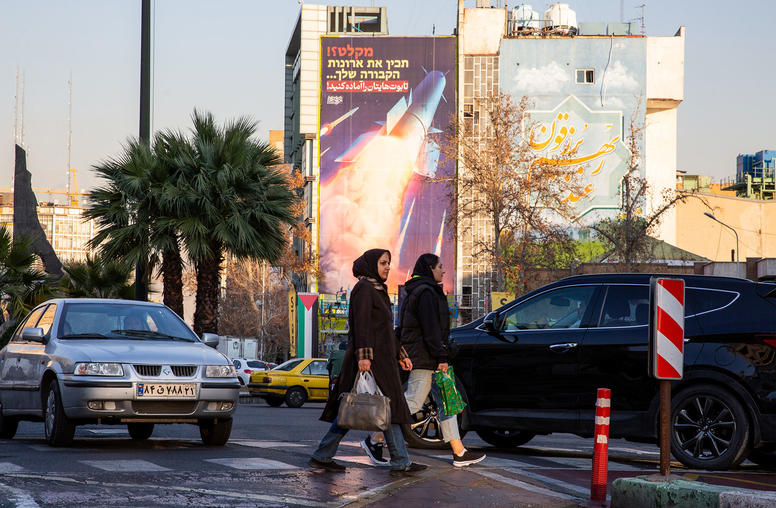Joe Biden’s Tough Challenges in Iran
Iran will pose the biggest foreign policy challenge to President Joe Biden in the Middle East. He has vowed to rejoin the Iran nuclear deal, known as the Joint Comprehensive Plan of Action, but it won’t be easy. Since mid-2019, Iran has breached its obligations in tit-for-tat responses to hundreds of punitive U.S. sanctions. Both countries have said that they want “compliance for compliance”—after the other one acts. So, who goes first? Biden wants Tehran to roll back its uranium enrichment and reduce its stockpile; Iran wants Washington to lift sanctions. How does this all play out before Iran closes down for Nowruz in mid-March, then launches its presidential campaign season in April for an election in June?
Even if they agree on terms and timing, diplomacy will only get tougher over four other U.S. flashpoints with Iran: Iran’s growing arsenal of missiles, meddling in the Middle East, support for extremist proxies, and human rights abuses. Three of those issues will require regional cooperation at a time when the Gulf states and Israel have formed a new anti-Iran coalition that is altering the traditional balance of power in the Middle East. Can Biden make a dent in this daunting agenda, even in four years?
Speakers
Jarrett Blanc
Senior Fellow, Carnegie Endowment for International Peace; Former Lead State Department Coordinator for the Iran Nuclear Deal
James F. Jeffrey
Chair of the Middle East Program, Woodrow Wilson International Center for Scholars; Former Ambassador to Iraq and Turkey and Special Envoy to the Global Coalition to Defeat ISIS
Robin Wright
USIP-Wilson Center Distinguished Fellow; Author and Columnist for The New Yorker
Steve Inskeep, moderator
Host of NPR’s Morning Edition and Up First



